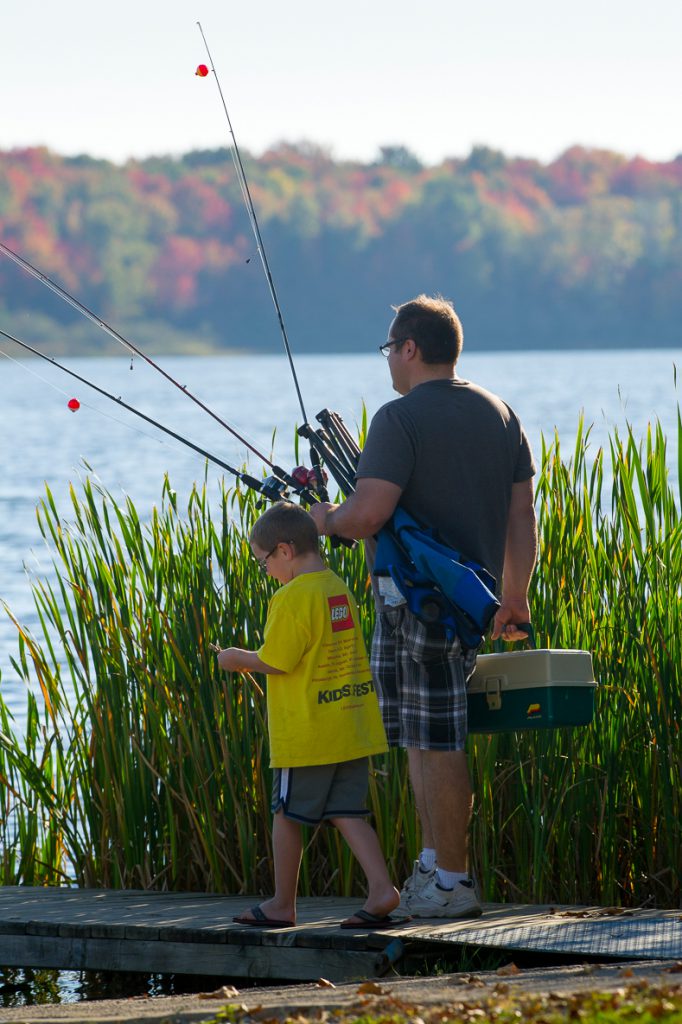Effective Jan. 1, 2024, the resident Recreation Passport vehicle fee increases from $13 to $14, while the cost for motorcycles will not change.
The Recreation Passport is valid for 12 months when purchased at time of license plate registration renewal through the Secretary of State. Although some residents have already received their registration renewal notices (reflecting the old fee), the new rate takes effect Jan. 1 for all in-person and online transactions.
There’s a $5 convenience fee (except for Belle Isle Park) when the Recreation Passport is not purchased at the time of license plate registration renewal through the Secretary of State, and is instead purchased at a state park or recreation area.
The nonresident Recreation Passport fee annual pass also will increase slightly, from $39 to $40, but the nonresident daily pass will stay at $11.
The monies generated by the Recreation Passport goes into a restricted fund that supports state park infrastructure and operations, a local grant program for community recreation agencies, state forest campgrounds, nonmotorized pathways and trails, cultural and historic resource restoration, and marketing and promotion.
The moderate fee change is the result of a statutory provision that ensures Recreation Passport funding keeps pace with the economy. Basically, the law says that the Michigan Department of Natural Resources does not determine the cost of the Recreation Passport; instead, adjustments are based on the Detroit Consumer Price Index, as determined by the federal Bureau of Labor Statistics.

A real recreation value
DNR Parks and Recreation Chief Ron Olson said that at just over a dollar per month, the Passport remains a great deal that delivers.
“Michigan’s state park system is largely self-supporting, with the Recreation Passport playing a key role,” Olson said. “Approximately 97% of state parks funding is generated by user fees, including the Recreation Passport, and royalty revenues. Just 3% comes from Michigan’s General Fund tax dollars.”
The Recreation Passport provides year-round vehicle access to 103 Michigan state parks and recreation areas, 1,300-plus state-managed boating access sites, 140 state forest campgrounds, and parking at thousands of miles of trails and other outdoor spaces, while helping protect the state’s natural resources for future generations.
Even at $14, the new resident Recreation Passport fee is more than 40% lower than the $24 people routinely paid in 2010 for the state parks window sticker – the program that the Recreation Passport replaced. Compared against the cost of annual state park passes in other states – Indiana ($50), Minnesota ($35), New York ($80) and Wisconsin ($28), for example – Olson said Michigan’s Recreation Passport is an undeniable bargain he hopes even more people will discover.